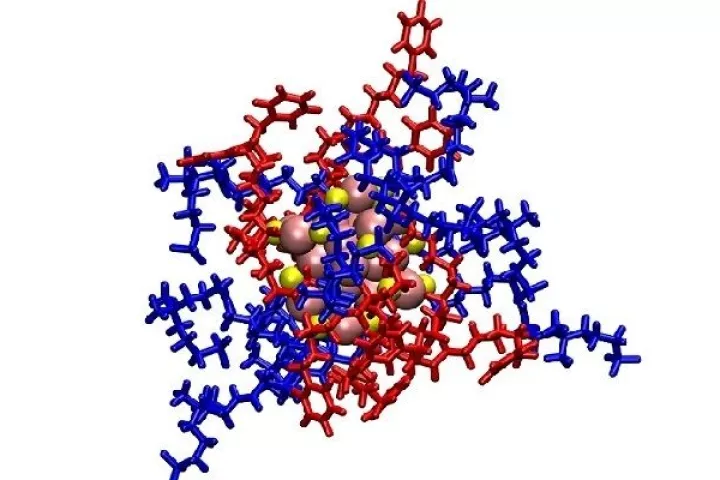Fudan University
-
A computer hidden inside a single strand of fabric sounds like sci-fi, but it isn't. Researchers have built a “fiber chip” thinner than hair, which could be turned into everyday clothing or used to treat neurological diseases and aid robotic surgery.
-
The North Atlantic has a new title as the global hotspot for hurricane clusters, with the likelihood of multi-storm events forming here increasing tenfold in 46 years. It's the first clear picture of how Earth's warming has shifted cluster patterns.
-
In good news for future animation figureheads, there might be a new way to revive frozen brains without damaging them. Scientists in China have developed a new chemical concoction that lets brain tissue function again after being frozen.
-
A breakthrough clinical trial using gene therapy has restored hearing to five children born deaf. After six months, the children were able to recognize speech and hold conversations, raising hopes for wider use in the near future.
-
Research has linked the death of a sibling early in life to a 17% increased risk of cardiovascular disease, with most being early-onset. The findings highlight the need to provide support to bereaved siblings to reduce the risk of future health issues.
-
By focusing on the interaction between neurons, researchers have been able to uncover much about the way our brains operate. A new study though, has zoomed out and found larger swirling patterns that seem to help the brain organize itself.
-
New research out of China has unveiled a concerning link between air pollution exposure and heart rhythm disturbances, further demonstrating the dangers of unclean air and the urgent need for global efforts to improve air quality.
-
Scientists may have found a way to re-enlist old antibiotics in the fight against superbugs. Gold nanoparticles were wrapped in molecules that seek out bacteria and disrupt their cell membranes, allowing existing drugs to kill them easier.
-
Even though road signs already tend to be highly reflective, some night-time drivers still don't notice the things. New technology could help, as it causes signs to reflect in an attention-getting rainbow of changing colors.
-
With current techniques for the mass production of graphene requiring large amounts of organic solvents that aren't great for the environment, the announcement of a more environmentally friendly and cost effective technique for the large-scale production of the wonder material comes as good news.
-
A new study out of the University of Warwick in the UK and Fudan University in China found out just how strengthened and weakened neuronal circuits can cause our grey matter to deliver dark days.










